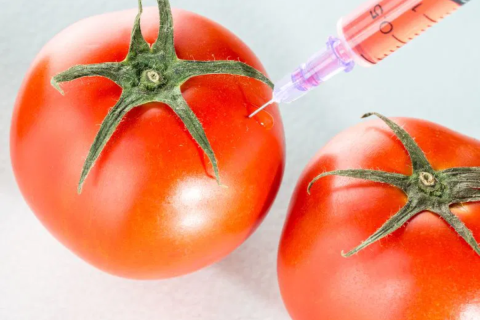
In the European Union, member states have the right to restrict or ban the cultivation of approved genetically modified organisms (GMOs) within their territories based on environmental or health concerns. Many EU countries have chosen to opt out of growing GMO crops. Currently, only one GM maize is cultivated in the EU on a limited scale.
After a recent vote by member states in favour of easing the rules around labelling genetically modified foods, talks have begun in Brussels between the European Commission, Council, and Parliament on how to regulate genetic engineering in the EU. The focus now is on reaching a final agreement regarding the legal framework for what are known as "New Genomic Technologies" (NGTs), including tools like CRISPR/Cas, often referred to as “gene scissors”.
The European Commission has proposed splitting NGT plants into two categories:
NGT 1: Plants altered without introducing genes from other species. The Commission suggests these should be exempt from the strict GMO regulations.
NGT 2: Plants that do include genes from other organisms. These would still fall under the existing GMO laws.
However, some groups, such as Bioland (a large organic farming association), are raising concerns. It warns that even the latest gene-editing methods can significantly affect both crops and ecosystems. It argues that strong regulations, proper risk assessments, and clear labelling must remain in place.
From the association’s perspective, this is vital to protect non-GMO food production, ensure those responsible for any harm are held accountable, and preserve choice for consumers, farmers, and breeders when it comes to whether or not to use genetic engineering.
Researchers have called for the EU to allow new genomic techniques, such as gene editing, in organic farming. They argue this could help achieve the European Green Deal’s target of 25% organic agriculture by 2030, sparking renewed policy debate about the role of biotechnology in sustainable food systems.
